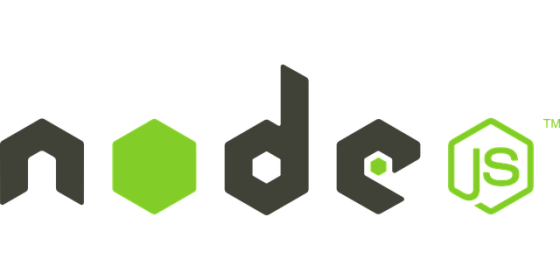Node.js is a popular JavaScript runtime that allows developers to build server-side applications with JavaScript. One key aspect of deploying a Node.js application is choosing a hosting solution that meets the needs of your project. In this article, we’ll explore the various options available for hosting Node.js applications and the factors to consider when selecting a hosting provider.
There are several options for hosting Node.js applications, each with its own set of pros and cons. Some common hosting options include:
- Traditional web hosting: This type of hosting involves hosting your Node.js application on a traditional web server, such as Apache or Nginx. This is a good option for small to medium-sized projects that don’t require a lot of resources.
- Platform-as-a-service (PaaS): PaaS providers, such as Heroku and Microsoft Azure, allow you to deploy your Node.js application to their cloud platform without the need to manage the underlying infrastructure. This is a good option for developers who want to focus on writing code rather than managing servers.
- Virtual private servers (VPS): A VPS is a virtual machine that you can use to host your Node.js application. This is a good option for developers who want more control over their hosting environment, but still want the convenience of a cloud-based solution.
- Dedicated servers: A dedicated server is a physical machine that you can use to host your Node.js application. This is a good option for large projects that require a lot of resources or need to be highly customized.
When selecting a hosting provider for your Node.js application, there are several factors to consider:
- Cost: Different hosting options have different costs associated with them. Traditional web hosting and VPS options tend to be the most cost-effective, while PaaS and dedicated server options can be more expensive.
- Performance: The performance of your Node.js application will depend on the resources available to it. Make sure to select a hosting provider that can meet the performance requirements of your project.
- Ease of use: If you’re new to Node.js or hosting in general, you may want to choose a hosting provider that is easy to use and has good documentation. PaaS providers are often a good choice for this reason.
- Support: It’s important to choose a hosting provider that offers good support in case you encounter any issues with your application.
In conclusion, selecting the right hosting solution for your Node.js application is crucial to the success of your project. There are several options available, each with its own set of pros and cons. By considering factors such as cost, performance, ease of use, and support, you can choose a hosting provider that meets the needs of your project.
